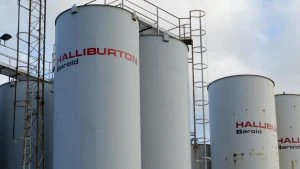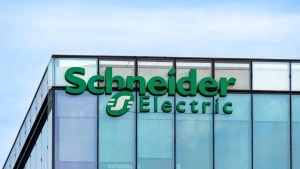Huge dispute over WordPress and WP Engine: The CMS platform has denied the hosting provider access to its resources. This draconian measure could have far-reaching consequences for numerous websites.
Matt Mullenweg, co-founder of WordPress and CEO of Automattic, explained in a post on WordPress.org that WP Engine will no longer have access to important resources such as themes and plug-ins on the platform until further notice. “WP Engine wants to take control of the WordPress experience,” Mullenweg wrote. He clarified that WP Engine would need to build its own infrastructure, including a login system, its own servers, as well as directories for plugins, themes and more.
“WP Engine can continue to offer their modified version of the WordPress GPL code to their customers, but our servers will no longer be accessible for free for their services,” Mullenweg added.
The blocking of WP Engine means that users of WP Engine solutions can no longer install plug-ins or update their themes. These restrictions could cause considerable problems for many website operators who rely on the provider’s services. This is because WP Engine has a very high standing in the WordPress ecosystem. The company has focused entirely on WordPress from the outset and has optimized its infrastructure specifically for it. With over 70,000 customers in more than 130 countries, it is one of the largest WordPress hosts in the world.
What the conflict is about
The dispute between Automattic and WP Engine began the previous week when Mullenweg publicly criticized WP Engine at a conference and in a blog post, accusing the company of enriching itself at the expense of the WordPress community. He called WP Engine a “cancer on WordPress” and claimed that the company does not contribute to the community to the same extent as Automattic, even though both generate around half a billion dollars in revenue annually.
These allegations led to WP Engine sending a cease and desist letter to Mullenweg and Automattic, demanding that they retract their statements. The letter claimed that Automattic was threatening drastic measures if WP Engine did not transfer a portion of its gross revenue to Automattic. Automattic responded with a cease and desist letter of its own, accusing WP Engine of infringing WordPress and WooCommerce trademark rights.
Focus on trademark infringements
The WordPress Foundation, the non-profit organization founded by Mullenweg to maintain the open source project, told TechCrunch that WP Engine had violated WordPress’ trademark guidelines. According to the guidelines, no one is allowed to use the WordPress trademarks in product names, projects or domain names. WP Engine has repeatedly violated these guidelines, according to the foundation.
Mullenweg emphasized in another blog post that the core of the dispute was about trademark rights. Automattic had been trying for a long time to reach a license agreement with WP Engine, but had so far been unsuccessful. WP Engine had been given the choice of either paying license fees or making a contribution to the open source project – however, it remained unclear in what form this contribution should be made.







